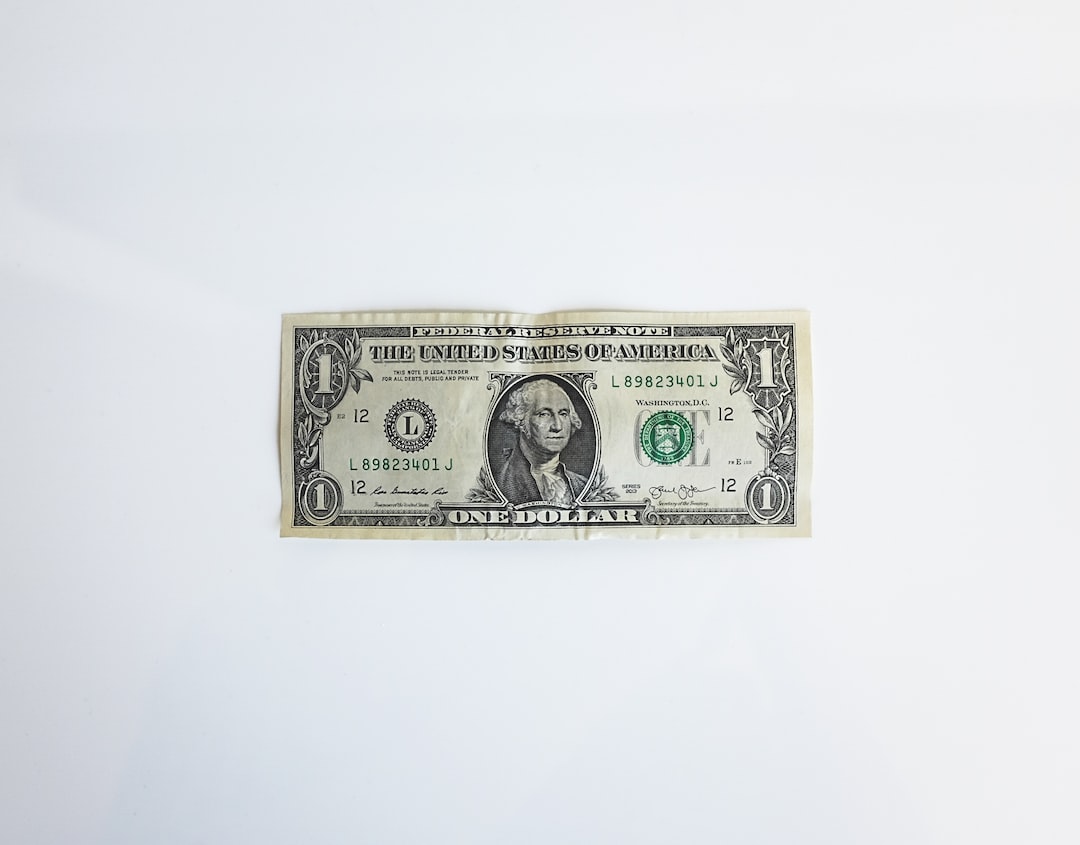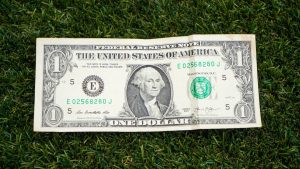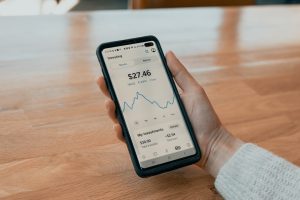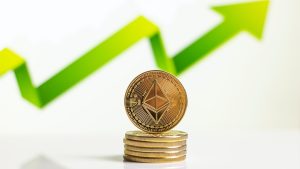Forex trading is the process of buying and selling currencies in the foreign exchange market. Forex traders are individuals or institutions who participate in this market by buying and selling currencies. Forex trading is a highly competitive and dynamic market, with global financial transactions worth trillions of dollars taking place every day. Forex traders aim to make a profit by taking advantage of the fluctuations in currency prices.
Forex traders work in a fast-paced environment, where market conditions can change rapidly. They use various tools and strategies to predict market movements and determine when to buy or sell currencies. Forex traders are primarily concerned with the exchange rates of different currencies, which are affected by a range of economic and political factors, including interest rates, trade balances, and geopolitical events.
Forex traders can be divided into several categories, including retail traders, institutional traders, and algorithmic traders. Each type of trader has a different approach to forex trading, depending on their goals and resources.
Retail traders are individuals who trade forex from their homes or offices, using online trading platforms provided by forex brokers. Retail traders typically have smaller trading accounts and trade on a part-time basis. They use technical and fundamental analysis to identify trading opportunities and manage their risk through the use of stop-loss orders and other risk management tools.
Institutional traders are professional traders who work for banks, hedge funds, and other financial institutions. They trade with much larger sums of money than retail traders and have access to a range of resources, including research and analysis tools, proprietary trading platforms, and direct access to liquidity providers. Institutional traders use a variety of trading strategies, including hedging, arbitrage, and high-frequency trading.
Algorithmic traders, also known as quantitative traders, use computer algorithms to identify trading opportunities and execute trades automatically. They use a range of mathematical models and statistical techniques to analyze market data and make trading decisions. Algorithmic trading is becoming increasingly popular in the forex market, as it allows traders to execute trades quickly and efficiently, without being influenced by emotional factors.
Forex traders can use a variety of trading strategies, depending on their goals and risk tolerance. Some of the most common trading strategies used by forex traders include:
1. Scalping: This involves making multiple trades throughout the day, with the aim of making small profits on each trade. Scalping requires a high level of discipline and focus, as traders need to react quickly to market movements.
2. Swing trading: This involves holding positions for several days or weeks, in order to capture larger price movements. Swing traders typically use technical analysis to identify trading opportunities and manage their risk through the use of stop-loss orders.
3. Position trading: This involves holding positions for several months or even years, with the aim of capturing long-term trends in the market. Position traders use fundamental analysis to identify trading opportunities and manage their risk through the use of hedging strategies.
Forex trading is a highly competitive and dynamic market, with a range of opportunities and risks. Forex traders need to be disciplined, focused, and adaptable, in order to succeed in this market. They need to have a deep understanding of the factors that influence currency prices, as well as the technical and fundamental analysis tools used to analyze market data. With the right approach and mindset, forex trading can be a highly rewarding and profitable career.





